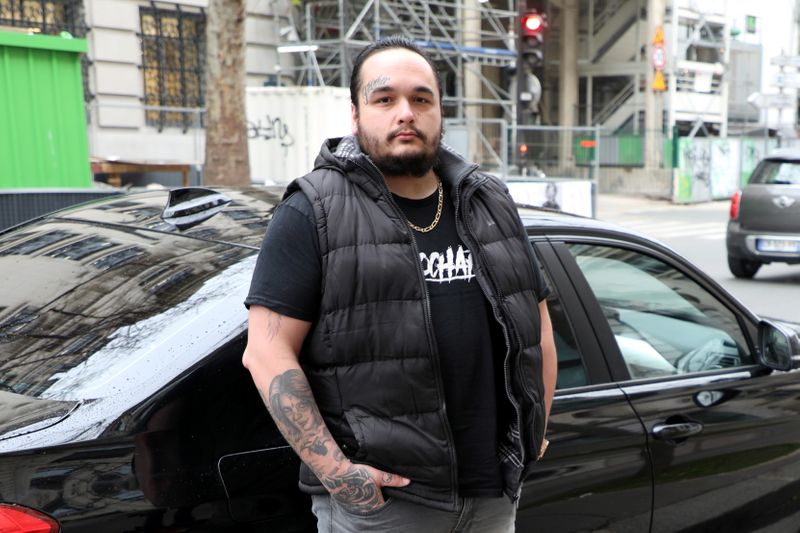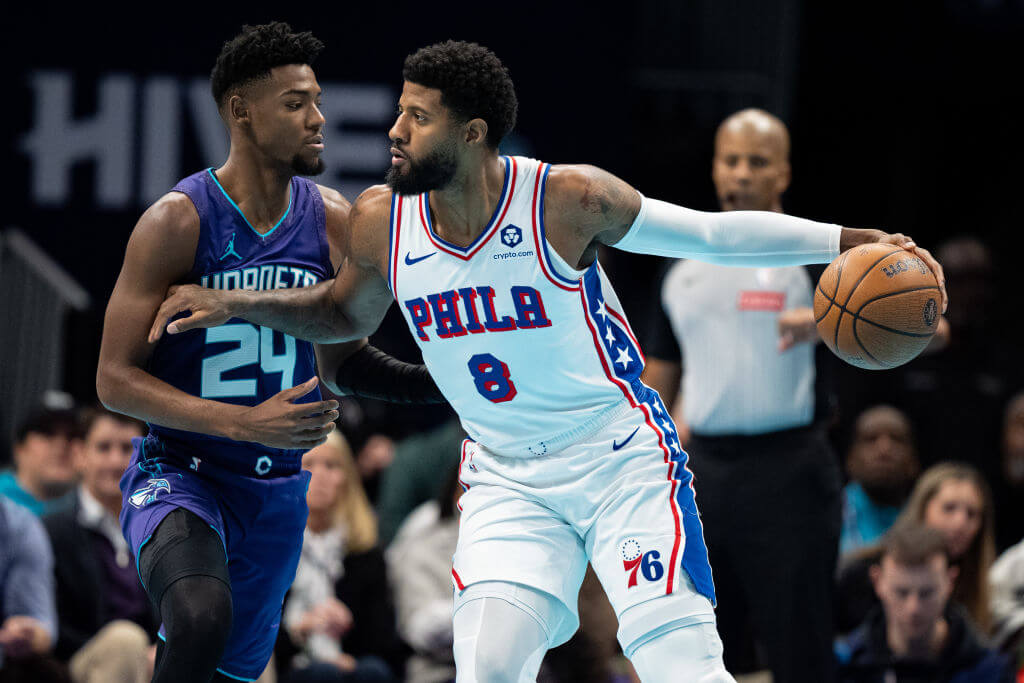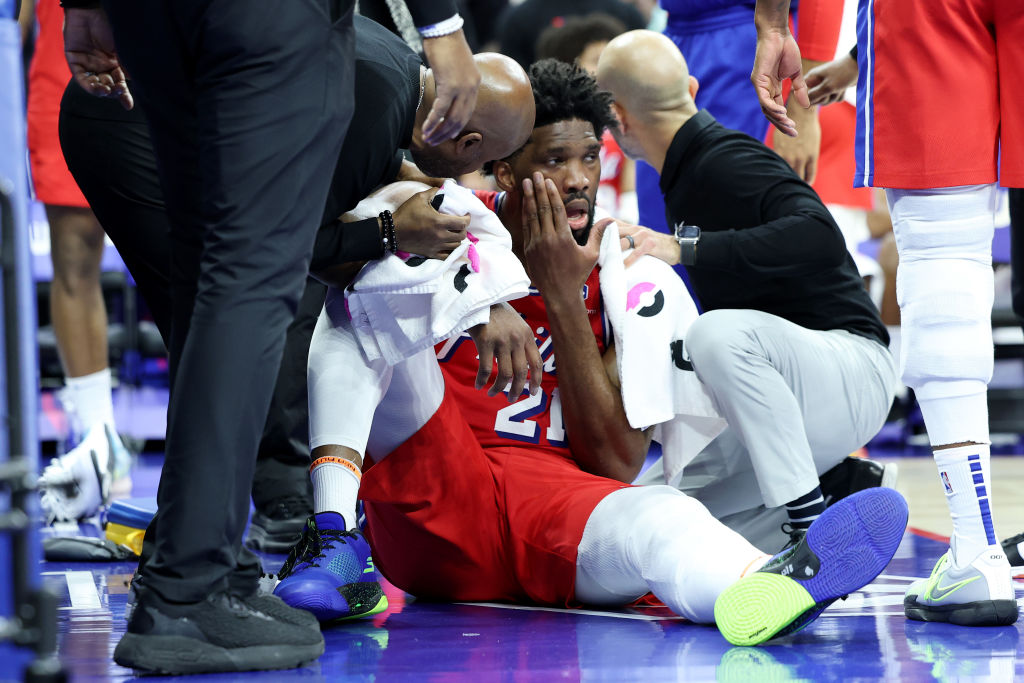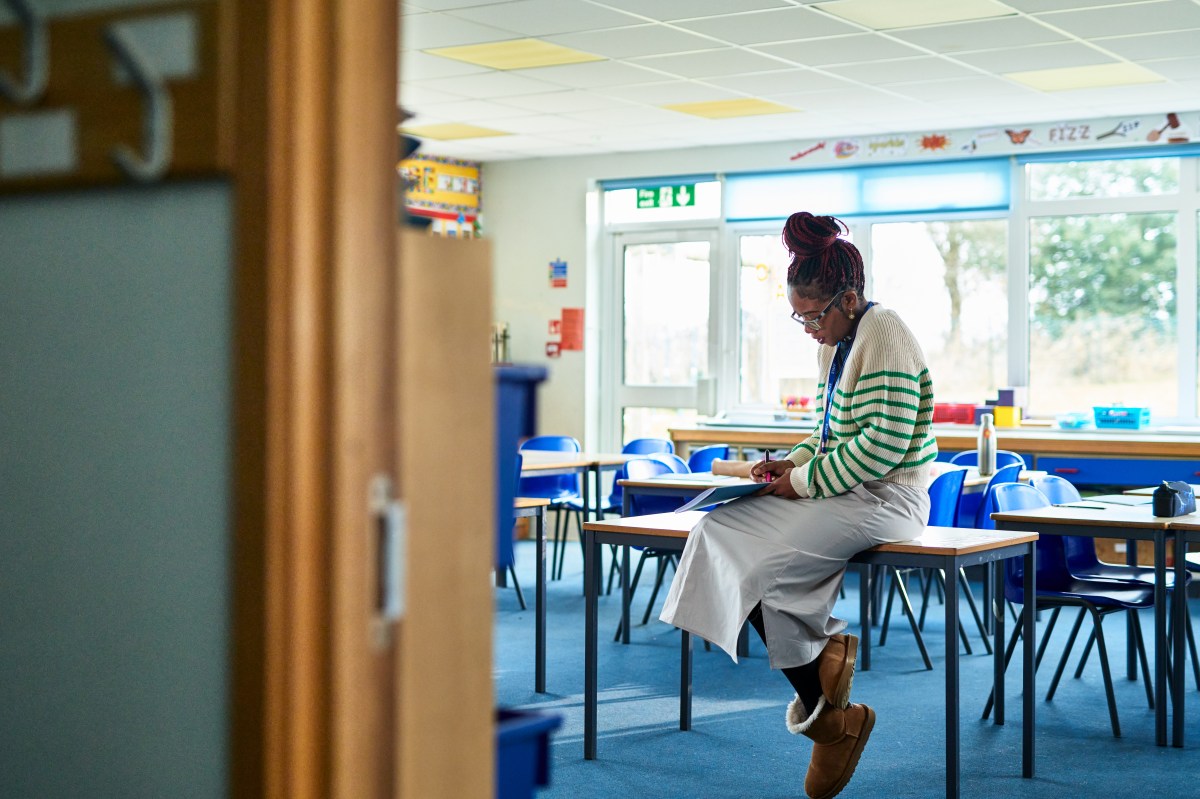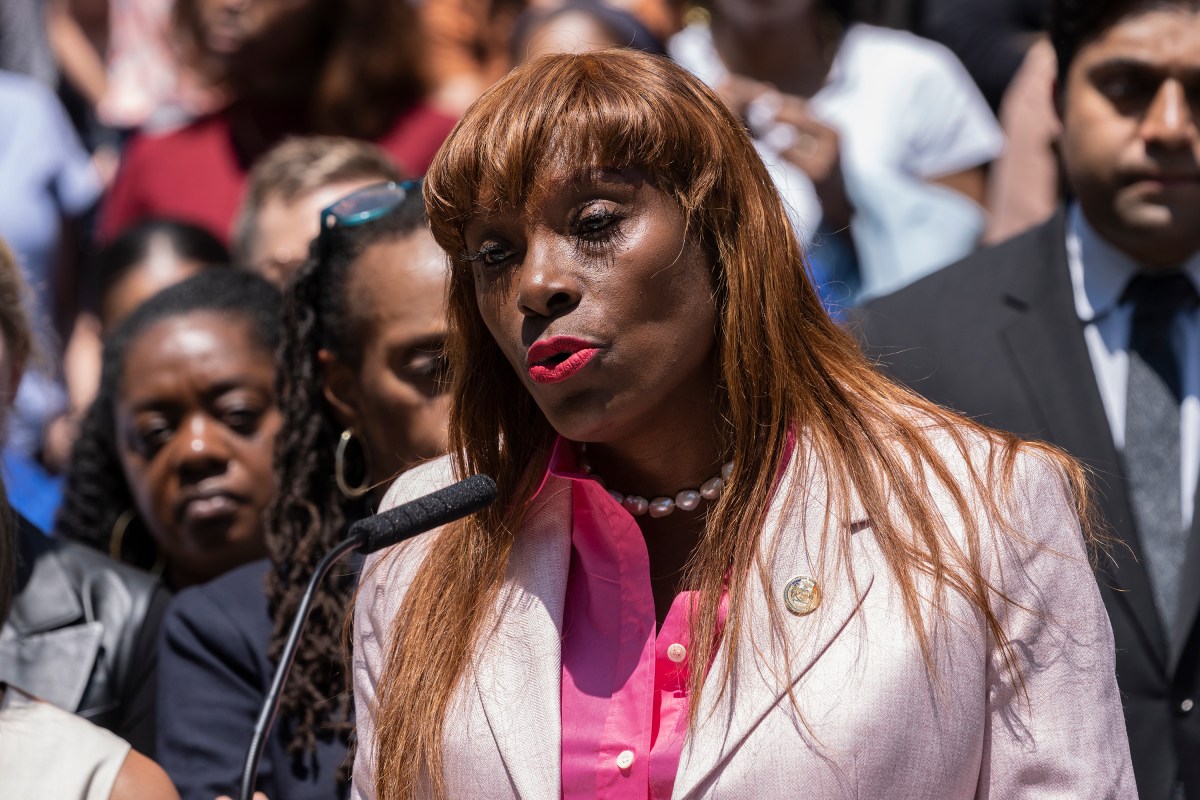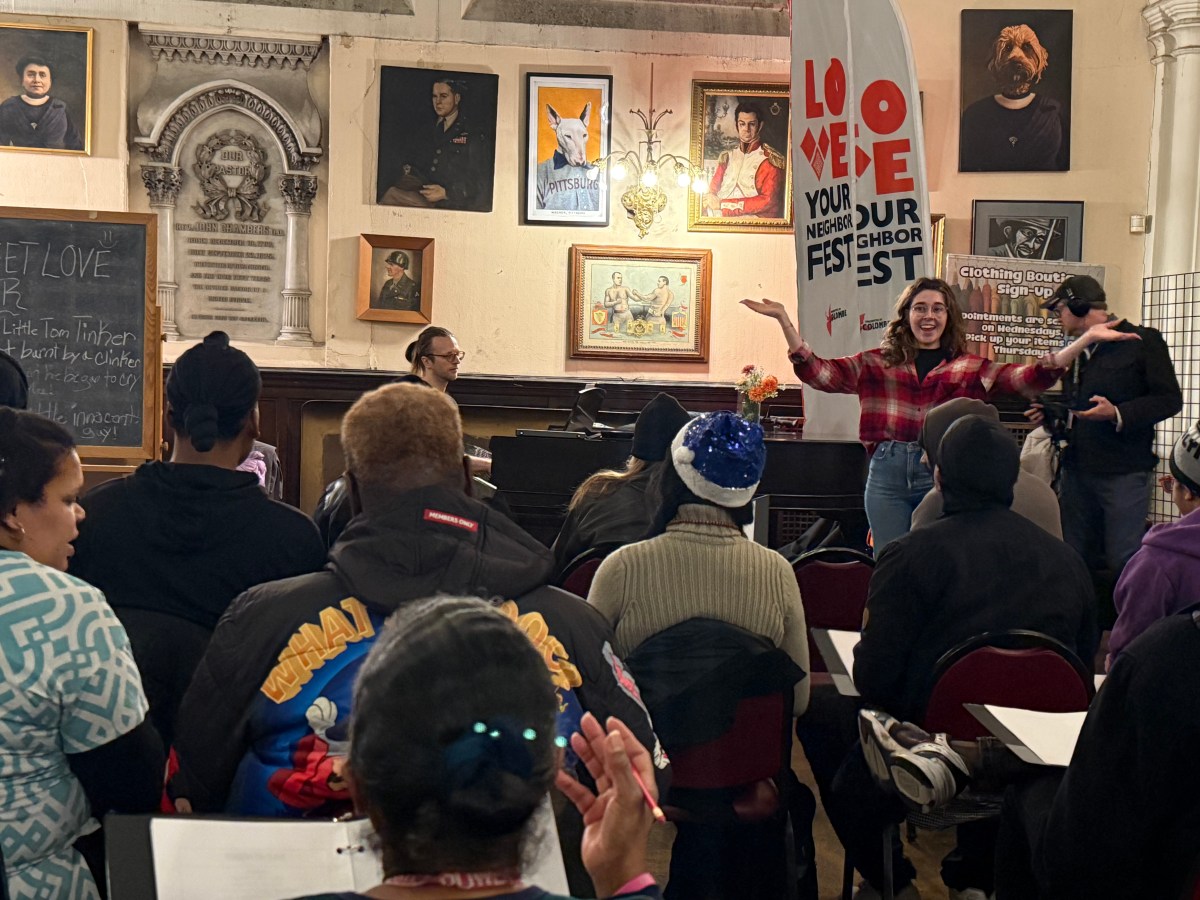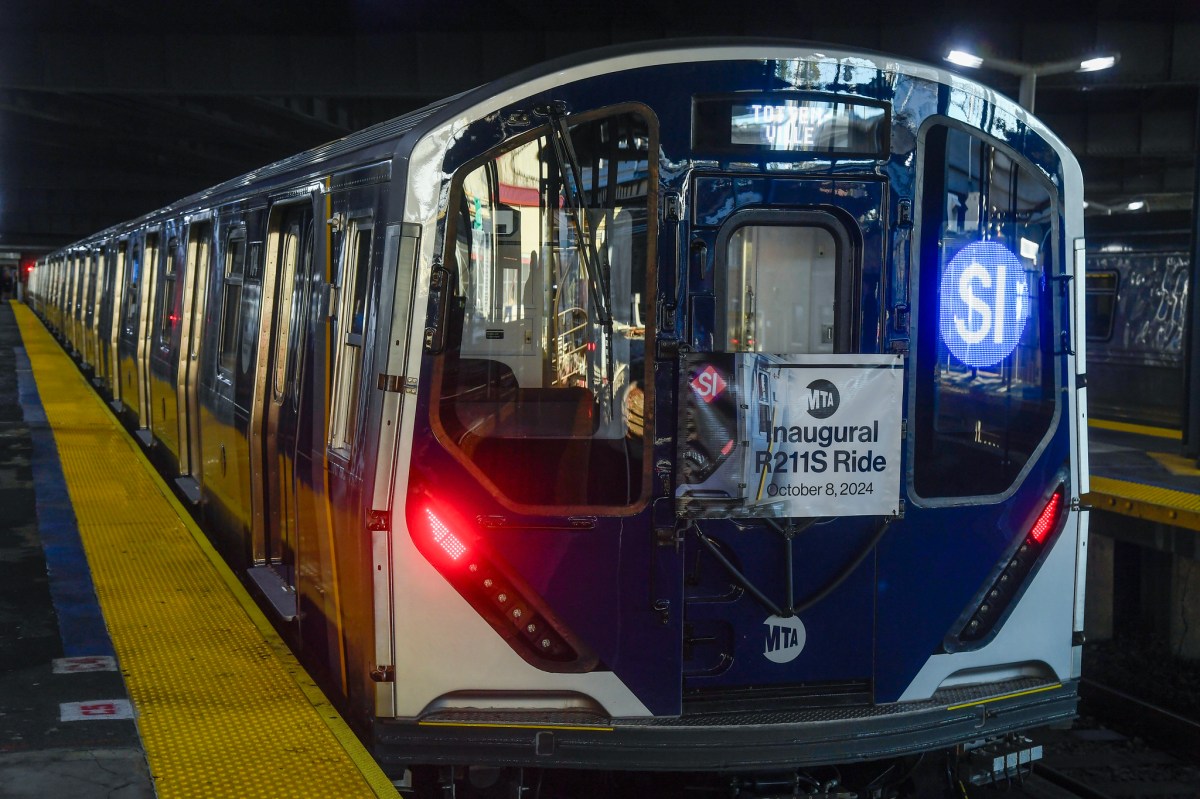HERBLAY-SUR-SEINE, France (Reuters) – Boris Czajka knows how dangerous the coronavirus is. His wife Steffie suffered from an infection for months, and at the peak of her illness she would go to bed unsure if she would survive the night.
Even so, Czajka has no intention of getting vaccinated against COVID-19.
He is not alone. France is home to more “anti-vaxxers’ than almost any other country in the world. More than half the population say they will not, or probably not, get inoculated against it, polls show.
Czajka said big pharmaceutical companies like Pfizer and Moderna had rushed their vaccines through too quickly.
“The disease has not been around long. You need years to develop a vaccine and there, as if by magic, there’s a vaccine for the whole world,” said Czajka, a 32-year-old taxi-driver who lives in the Paris suburb of Herblay-sur-Seine.
The French people have a deep-rooted mistrust of the state, are suspicious of multinational pharmaceutical companies, and are scarred by past public health scandals.
Czajka said he lost his faith in vaccines after a colleague’s sister died shortly after receiving a hepatitis jab. The vaccine was the cause he said, though Reuters was shown no evidence to prove this.
Even in a previous job working for an undertaker, Czajka refused to get inoculated against hepatitis, preferring to wear an extra pair of gloves and breathe less when handling bodies that might pose a risk, he said.
“The more (the government) pushes me to get vaccinated, the less likely I will do it,” Czajka said, acknowledging that he is overweight and suffers underlying health conditions.
“I really don’t trust them.”
The World Health Organization has stressed the importance of rigorous checks on the effectiveness and safety of vaccines. And based on published vaccines trial data generated so far this year by Moderna, the BioNTech-Pfizer partnership and AstraZeneca, side effects have not been serious or long lasting.
However, many unfounded claims have spread over the Internet.
PROTECT OTHERS
There is a strong correlation between trust in government and readiness to take a vaccine, said Antoine Bristielle, a researcher at the Jean Jaures Foundation.
France’s deep mistrust of the political class was a “French peculiarity that isn’t found in other European countries,” he said.
A IPSOS survey of 15 countries published on Nov. 5 showed 54% of French would have a COVID vaccine if one were available. The figure was 64% in Italy and Spain, 79% in Britain and 87% in China.
A later IFOP poll – which did not have comparative data for other countries – showed that 41% people in France would take the vaccine.
Prime Minister Jean Castex has urged the French to get vaccinated. It was, he said, an act of altruism necessary to protect others.
“Fear of the vaccine won’t halt the virus,” Health Minister Olivier Veran told a news conference, at pains to persuade citizens that the European Union was rigorous in its approval process and would not be rushed into rolling out any vaccine.
Veran on Thursday offered assurances about the effectiveness and safety of the Pfizer vaccine, citing the New England Journal of Medicine.
“There was no serious or long lasting effect on the 40,000 people tested in the third phase of the trial,” he said.
COVID-19 vaccines in France will be free for all, with the first shots expected to be available from early to mid January. Care home residents and their carers will be the first to get the jabs, before a wider distribution in March.
The Institut Pasteur, one of France’s main scientific research centres, estimates that herd immunity would require at least 60-70% of the population to have immunity to break the chain of infections.
But public confidence in medicine in France has been undermined by past scandals, including the suspension of a hepatitis B vaccine program in schools in 1998 after concerns of a link to cases of multiple sclerosis.
Alois Lokange, a senior manager at a French technology services company, said he had lost three close acquaintances to the coronavirus. Even so, he was undecided on the mass vaccination program.
“I don’t want to give in to the panic,” he said.

